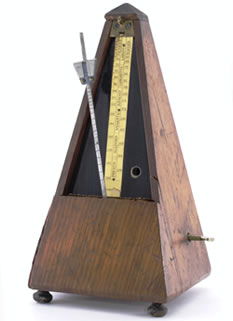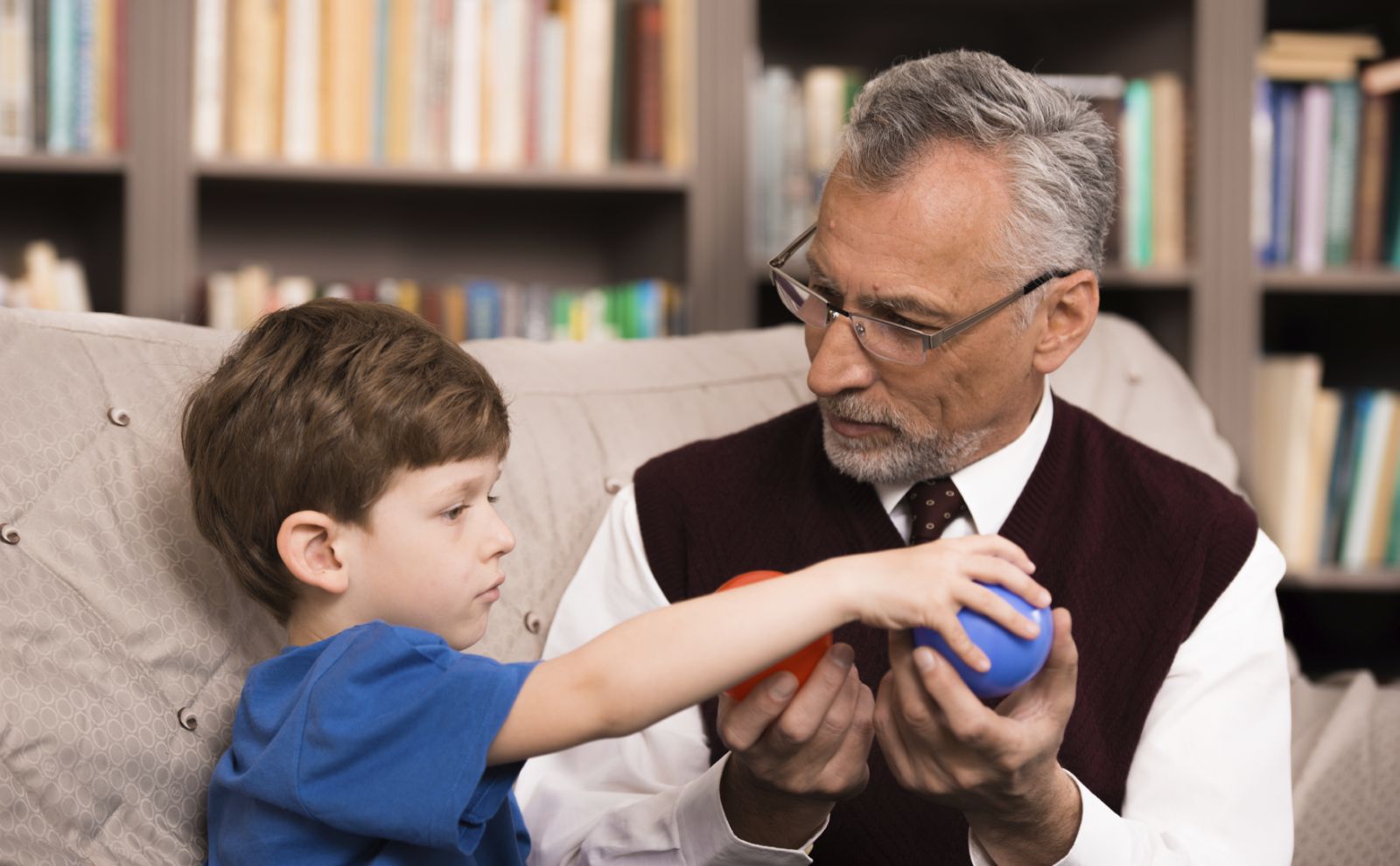
Check out this artcle published in "The Dispatch" on September 17, 2011
Written by: Jan Swoope- jswoope@cdispatch.com

The eyes have it: Some find life-altering results in vision therapy
On Wednesday, 10-year-old Matt Morel of Caledonia came home from school with a social studies assignment and 10 or so questions to answer about Christopher Columbus. The everyday task might seem ho-hum in most households, but that the fifth-grader could tackle it on his own is cause for joy as far as his parents, Melanie and Keith, are concerned. A year ago, he couldn't have.
"Before Matt had vision therapy, there was no way he could read that and do it," declared his dedicated mom, who used to spend hour after frustrating hour trying to help her son slog through homework. "Even if he had an open book for an exercise in class, it was useless."
The routine school assignment illustrates as well as anything the life-changing triumphs the Morel family has witnessed since the fall of 2010.
At age 14, Kayla Williamson of Starkville had been on ADD medications since second grade and, in spite of varied curriculums, testing, specialists and speech therapy, struggled with learning.
 Some parents have asked me if they could just use a regular musical metronome and get the same results as Interactive Metronome at home or IM-Home. A standard metronome is typically used by musicians to help them practice the tempo of music. They have also been used in traditional therapy to help patients with their timing and rhythm, however there is one piece that is missing. – FEEDBACK!
Some parents have asked me if they could just use a regular musical metronome and get the same results as Interactive Metronome at home or IM-Home. A standard metronome is typically used by musicians to help them practice the tempo of music. They have also been used in traditional therapy to help patients with their timing and rhythm, however there is one piece that is missing. – FEEDBACK!




